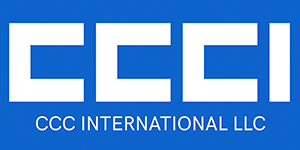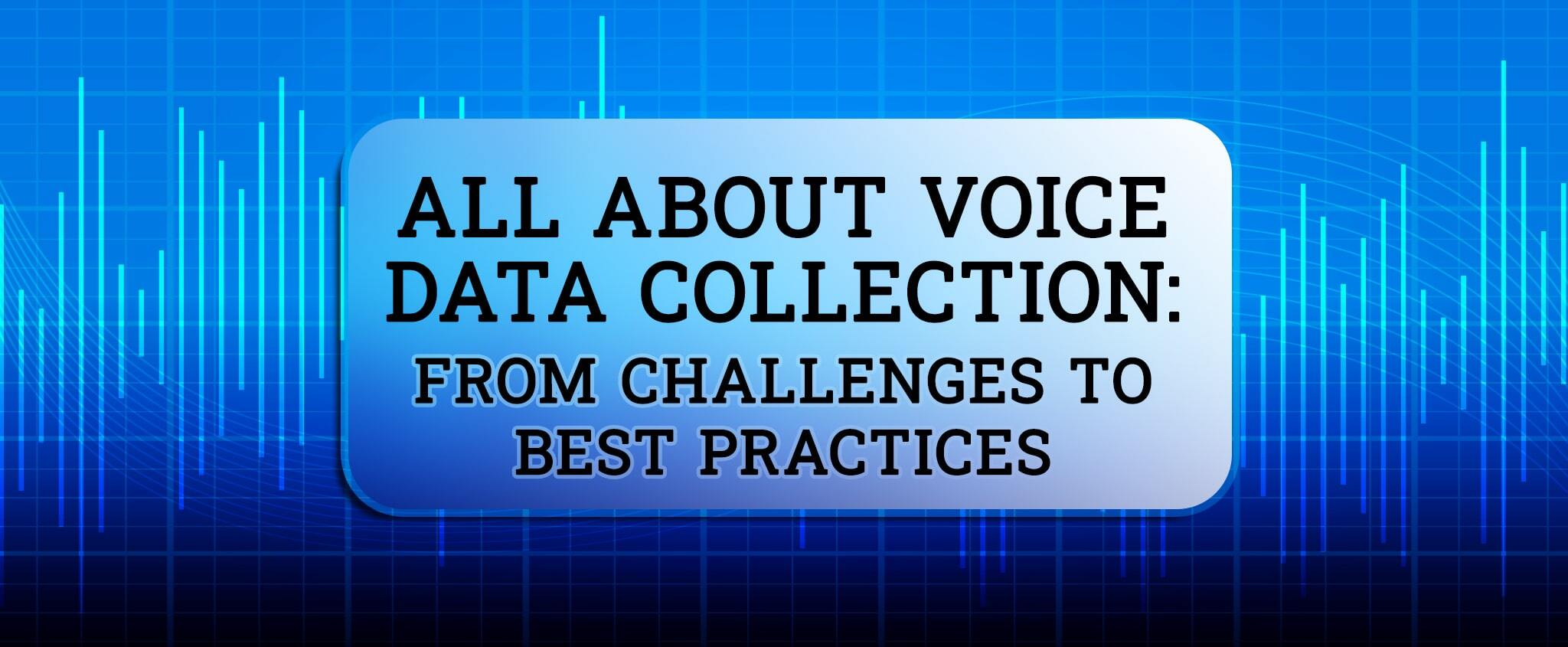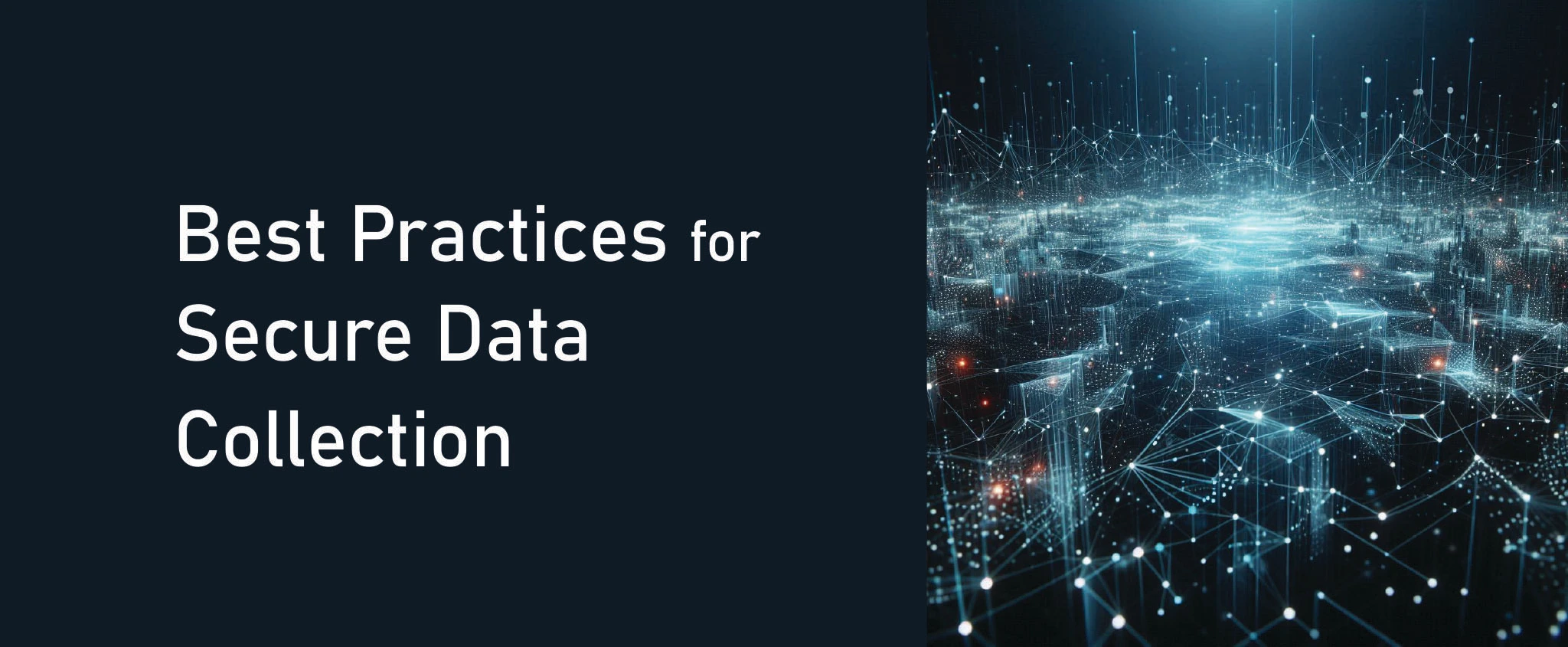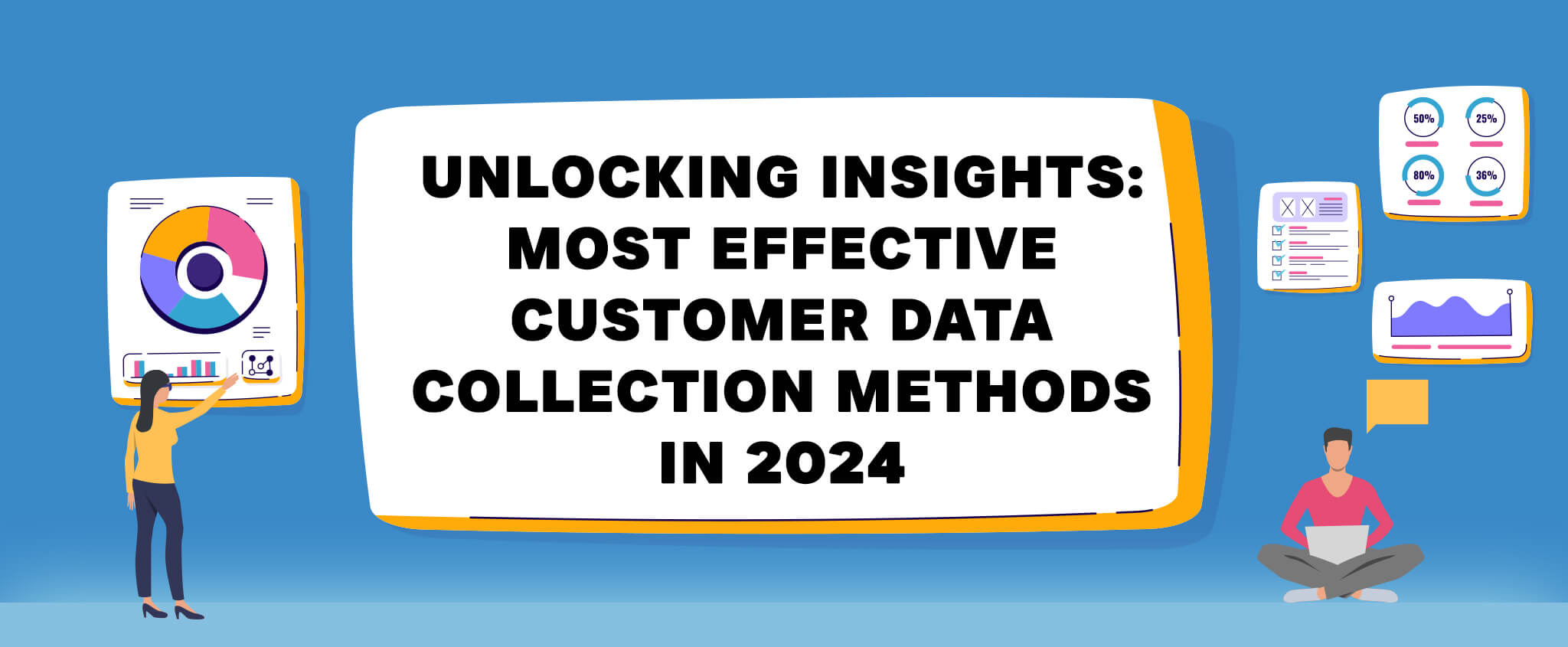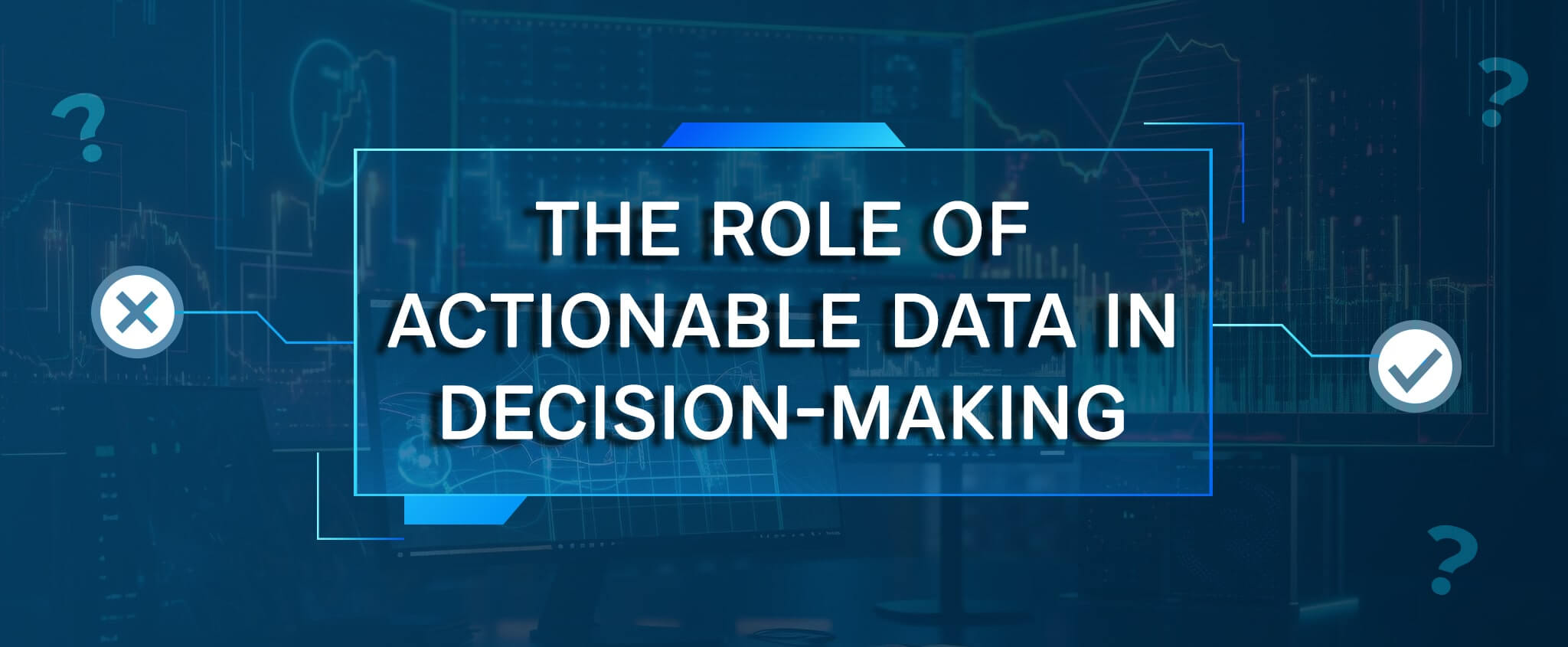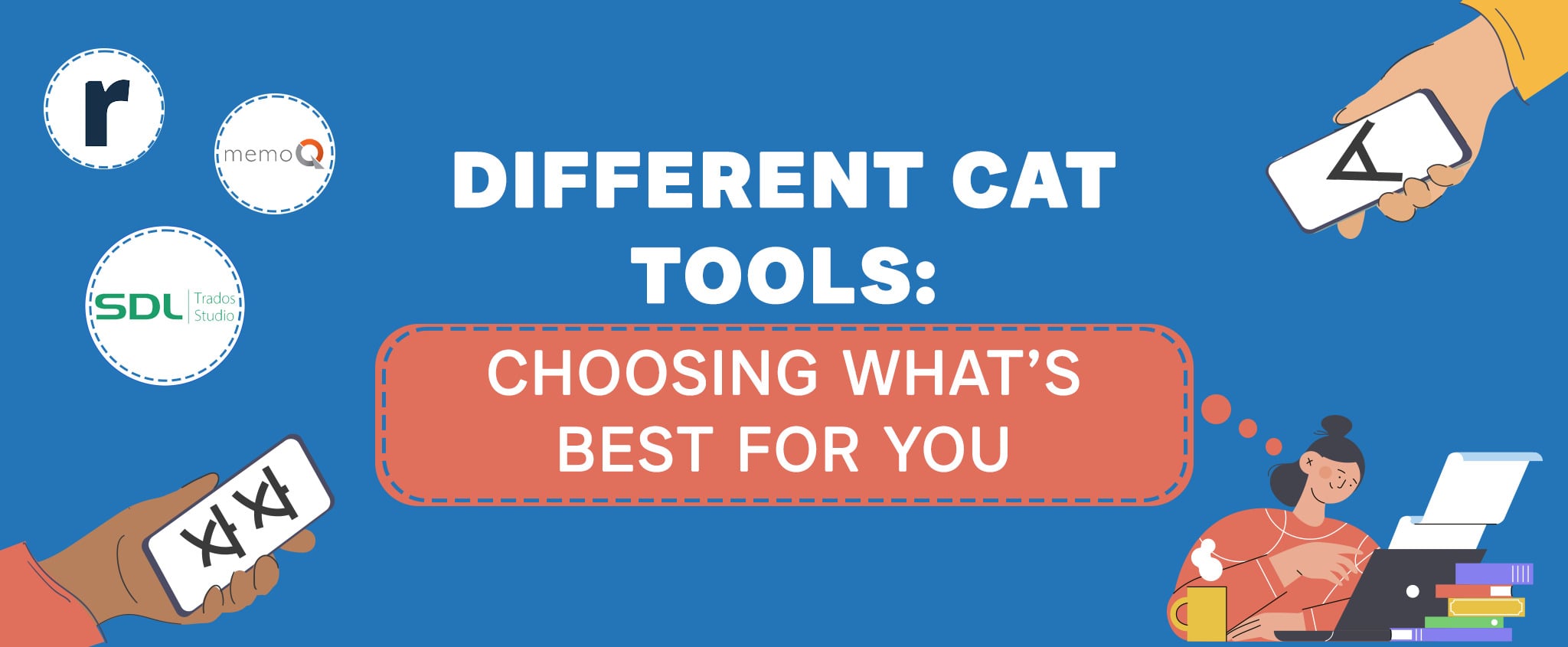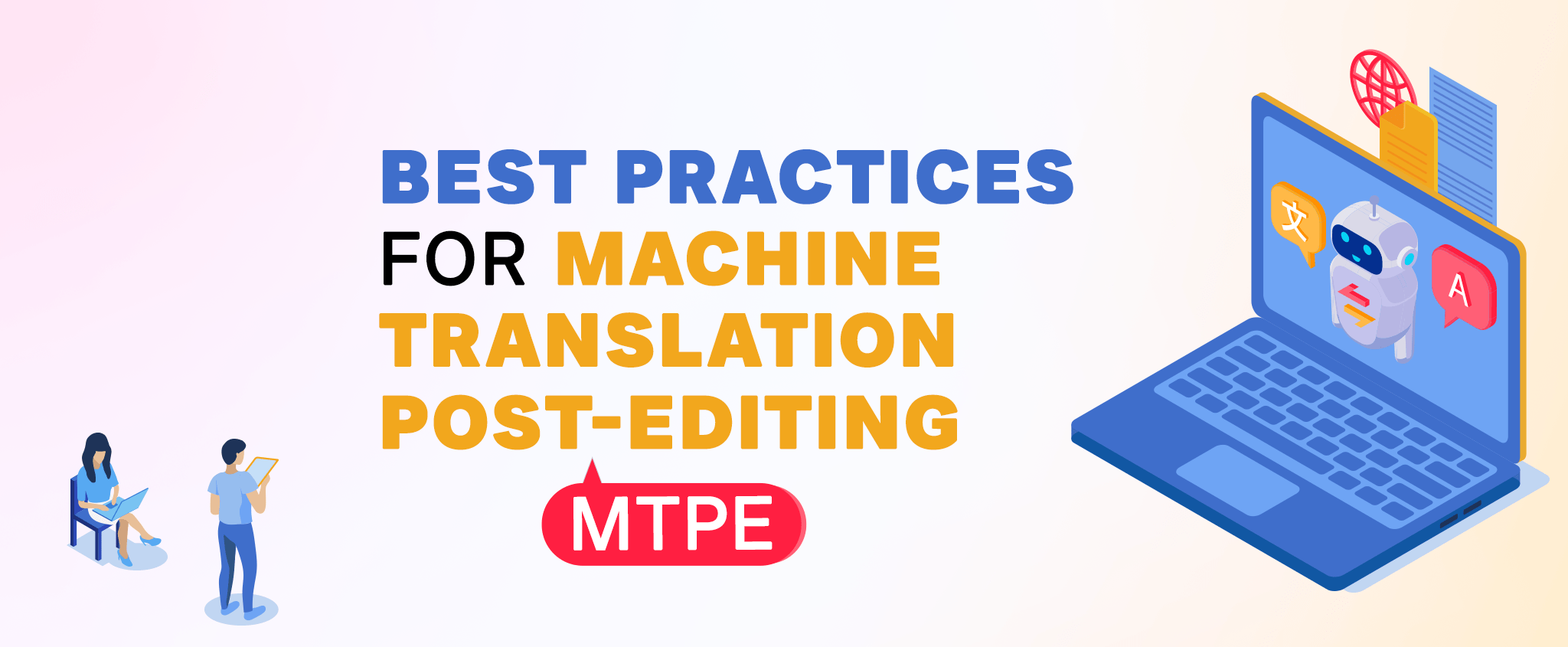All About Voice Data Collection: From Challenges to Best Practices
In today’s data-driven world, the scope and importance of data collection have expanded into a multitude of domains, and one of the most intriguing frontiers is voice data collection.
The way we communicate with devices has developed significantly, and this evolution has driven the growth of speech data collection. Understanding the nuances, challenges, and best practices of voice data collecting has never been more important as our world becomes more reliant on voice-enabled technology.
The article aims to explain the complexity of voice data collection and provide important insights for industry professionals and curious individuals.
Key Takeaways
- Voice data collection involves recording spoken language for insights and applications such as voice assistants and healthcare documentation.
- Prioritizing data security is essential to protect sensitive voice data from unauthorized access and breaches.
- Embracing voice data collection ethically can lead to innovations that benefit user experiences, accessibility, and artificial intelligence advancements.
- Leveraging professional Speech Data Collection Services can enhance efficiency and accuracy and streamline the data collection process.
Table of content
- What is Voice Data Collection?
- Most Common Challenges in Voice Data Collection
- Tips for Improved Voice Data Collection
- CCCI – Professional Speech Data Collection Services

What is Voice Data Collection?
Voice data collection refers to the process of recording, storing, and analyzing spoken language or vocal interactions, typically with the aim of extracting meaningful insights or enabling various applications. This data collection method utilizes voice recordings, transcriptions, and related metadata to capture the intricacies of human speech.
It plays a pivotal role in numerous applications, including voice assistants that power smart speakers and smartphones, customer service analytics to improve support interactions, voice search for convenient information retrieval, and medical transcription to streamline healthcare documentation.
In today’s digital landscape, Speech data collection has become increasingly important, enhancing user experiences, making technology more accessible, and advancing artificial intelligence. However, it also presents challenges related to privacy concerns, data security, and the need for accurate transcription.
Most Common Challenges in Voice Data Collection
Organizations and individuals must overcome audio data collection challenges to ensure quality, security, and relevance. Here are some of the most common challenges in voice data collection:
Data Security
One of the most common audio data collection challenges is data security. Collecting and storing voice data, particularly sensitive or personal information, necessitates stringent security safeguards to prevent unauthorized access, breaches, or misuse. The potential for data leaks or hacks can have severe consequences for both individuals and organizations.
Accuracy and Transcription Quality
It is essential to ensure the accuracy and quality of transcribed speech data. Transcription errors might lead to misinterpretation and unreliable insights. To overcome this challenge, advanced transcription technology and quality assurance systems must be developed and implemented.
Bias and Fairness
Voice data can reflect biases present in society. These biases can manifest in speech recognition algorithms, transcription services, or the data collection process itself. To address this challenge, organizations must invest in diverse training data, consider fairness in algorithm design, and continually monitor and adjust for potential biases.
Security and Data Breaches
Because voice data is frequently captured and stored digitally, it is vulnerable to security breaches. Unauthorized access or breaches can endanger individuals’ privacy and data security. Organizations must prioritize cybersecurity to avoid these risks and develop response plans in case of data breaches.
Ethical Considerations
Another common audio data collection challenge is not taking into account ethical concerns. Ethical concerns arise when collecting voice data, especially when it involves consent, data usage, and the potential for surveillance. Organizations must adhere to ethical norms and policies for data collection, storage, and usage to maintain confidence with users and stakeholders.
Regulatory Compliance
Different regions and industries have varying regulations governing voice data collection and usage. Ensuring compliance with these regulations, such as GDPR in Europe or HIPAA in healthcare, is a complex challenge. Non-compliance can result in legal penalties and reputational damage.
Tips for improved voice data collection
Obtain Clear and Informed Consent
Prioritize obtaining explicit and well-informed consent from individuals before collecting their voice data. Ensure absolute clarity regarding the purpose and scope of data collection. This not only respects individuals’ rights but also builds trust. Additionally, consider providing accessible information about the usage of their data and the safeguards in place to protect their privacy.
Ensure Data Privacy and Security

Implement robust data privacy and security measures to safeguard voice data from unauthorized access, breaches, or misuse. Prioritize encryption, access controls, and secure storage solutions.Additionally, regularly update and test your security protocols to stay ahead of evolving threats in the digital landscape.
Minimize Background Noise
Minimizing background noise is a critical aspect of effective voice data collection. Background noise can significantly impact the quality of recorded audio. Whenever possible, choose quiet and controlled environments for data collection.
Soundproof rooms or spaces with minimal external noise sources can significantly improve data quality. Invest in high-quality microphones with noise-cancellation features.
Consider Multilingual and Diverse Voices
If your speech data collection spans multiple locations or demographic groups, include multilingual and diverse voices. Not only does this broaden the applicability of data, but it also improves system performance by accommodating a wide range of language and cultural variances.
Consider Accent and Dialect Variations
Pay attention to the diversity of accents and dialects while gathering voice data to ensure inclusivity. Ensuring your voice recognition systems can accurately interpret a wide range of linguistic features will enhance the overall effectiveness of your data collection efforts.
Take into Account Ethical and Legal Factors
It is essential to define and adhere to ethical norms and regulatory rules regarding audio data collection. It ensures trust by addressing issues concerning consent, data usage, and the protection of privacy rights, ultimately fostering confidence among users and stakeholders in the data collection process.
Regular Auditing and Monitoring
Establish regular auditing and monitoring processes to assure data quality and ethical and legal compliance. These ongoing reviews of data-gathering techniques and security protocols serve as a proactive approach to maintaining data integrity and safeguarding the privacy of individuals.
Utilize Outsourcing
Consider leveraging Speech Data Collection Services for specific aspects of your voice data collection process, such as transcription services or quality control. Or even trusting the whole process to professionals. This strategic move can enhance efficiency and accuracy, freeing up your team to concentrate on essential core tasks.
CCCI – Professional Speech Data Collection Services
In a world where voice-enabled technology continues to advance, there’s an opportunity for innovation and progress. Leveraging professional Speech Data Collection Services, such as CCCI, can streamline the process and ensure the highest quality standards.
By following best practices and staying committed to ethical principles, we can harness the power of voice data collection to improve user experiences, accessibility, and the future of artificial intelligence.
Let’s embrace the potential of voice data by creating a digital landscape that benefits us all.
